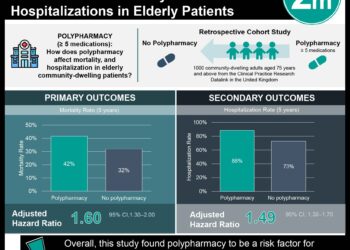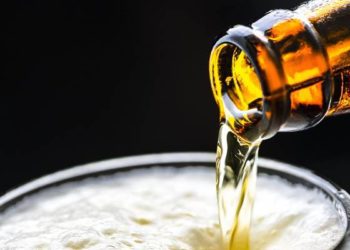AAP opposes school-based drug testing of adolescents
1. The American Academy of Pediatrics (AAP) opposes the use of in-school drug testing as a means to reduce substance abuse among adolescents due to the lack of supportive evidence for its efficacy.
2. The AAP endorses pediatrician advocacy of, and research and resource allocation to, the implementation of effective school-based substance abuse prevention and rehabilitation programs.
Rundown: School-based drug testing programs are a controversial means for substance abuse prevention among teens. Some studies have found decreased use of substances that were tested for in the screening panel, such as marijuana. However, the same studies also point out that the most commonly used drug among teens, alcohol, was not tested. Participation in these studies was voluntary and, as such, students with more serious or consistent substance abuse problems could have simply not elected to participate. Some argue that implementation of this policy will increase truancy and school dropout rates in an effort to avoid being tested. No scientific studies have been conducted comparing this policy to one in which guidance counselors educate students as a means of both prevention and referral to treatment, Given the current dearth of scientific data on this policy, as well as dubious efficacy, negative social consequences, and the potential for breach of confidentiality, the AAP advises against the use of school-based drug testing of adolescents. The AAP encourages pediatricians to advocate for school-based substance abuse programs as well as for the study of their efficacy as a means to confront teenage substance abuse. The AAP strongly supports the establishment of in-school substance abuse programs to prevent drug abuse among teens and to refer those in need of additional services.
Click to read the policy statement, published today in Pediatrics
Relevant Reading: Random student drug testing as a school-based drug prevention strategy
Image: CC
©2015 2 Minute Medicine, Inc. All rights reserved. No works may be reproduced without expressed written consent from 2 Minute Medicine, Inc. Inquire about licensing here. No article should be construed as medical advice and is not intended as such by the authors or by 2 Minute Medicine, Inc.







